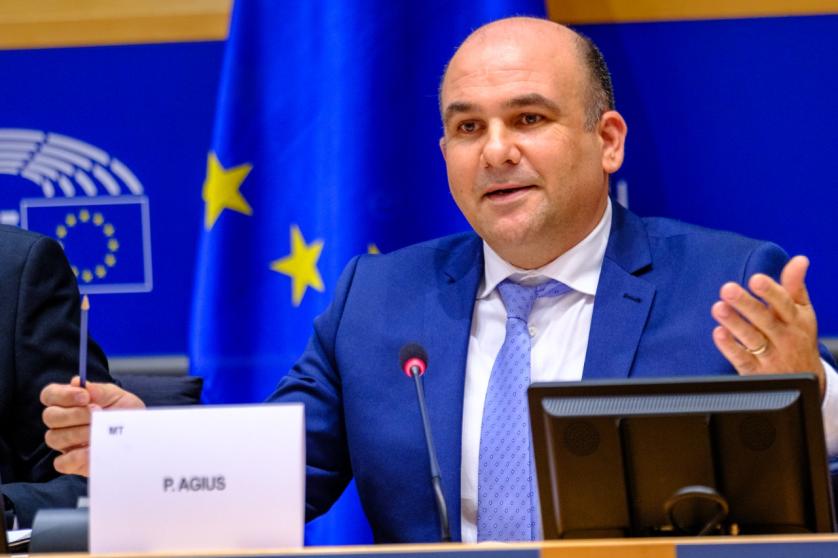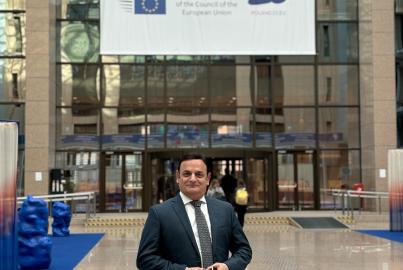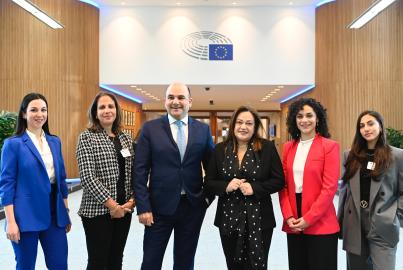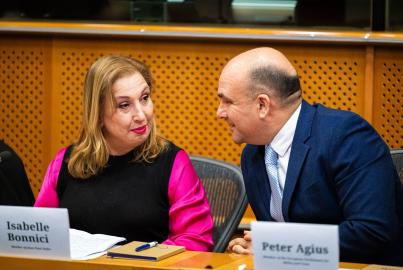MEP Peter Agius and Mayor Noel Formosa put Gozitan connectivity on the agenda in Brussels, ask for autonomy for Gozo to benefit from EU funding
Other related content
Read more
Read more
Read more
Read more
Read more
Read more
6 / 50







